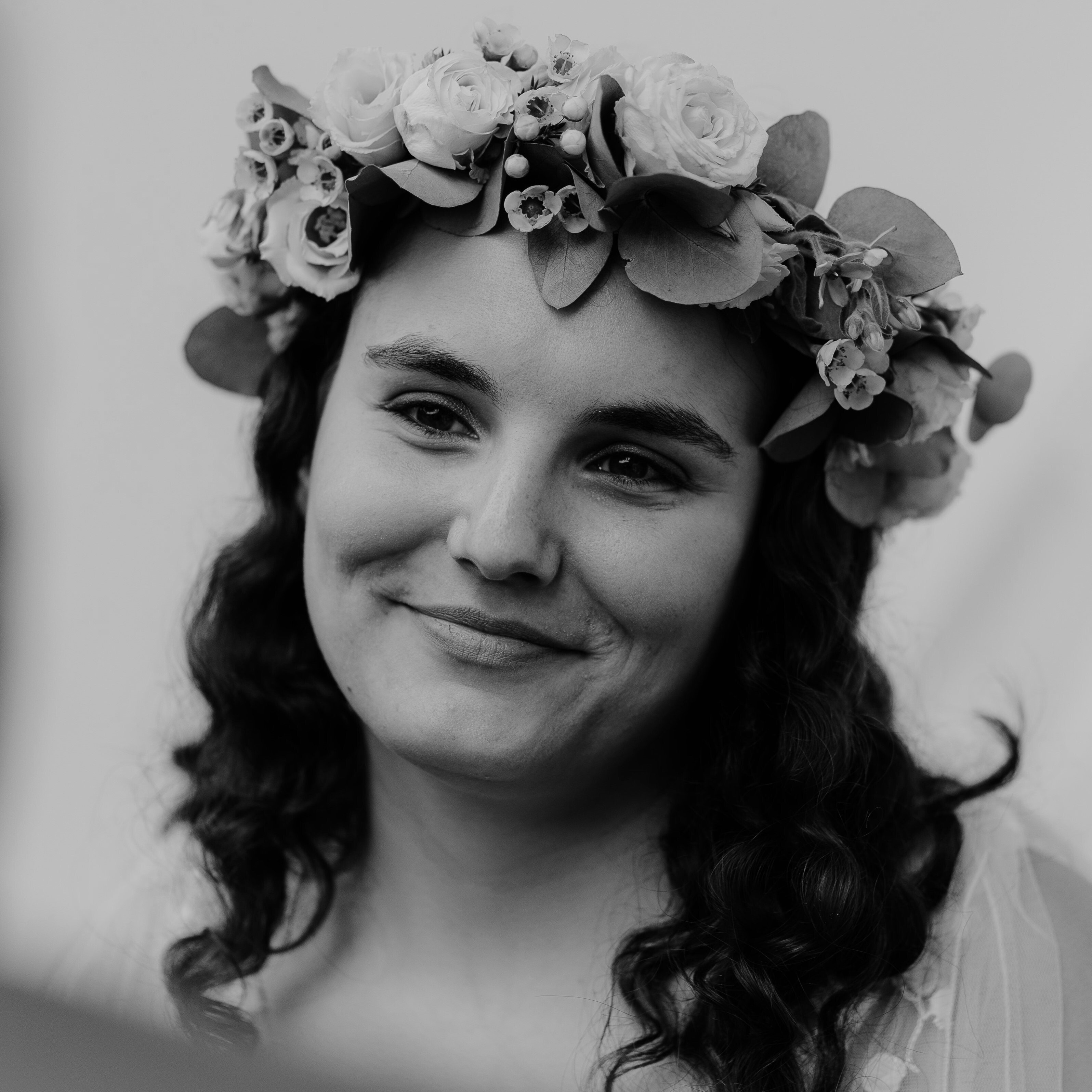What is a heterozygous genotype?
In GCSE biology an organism is heterozygous when the equivalent genes in a homologous pair of chromosomes have different alleles to each other, e.g. when one is a dominant allele and one is a recessive allele.
Every person inherits two sets of chromosomes - one from the egg cell and one from the sperm cell. Chromosomes from each set that have the same genes are called homologous chromosomes. Someone with a heterozygous genotype has different alleles on the two homologous chromosomes. For genes with dominant/recessive alleles a heterozygous individual will always show the dominant phenotype.

Heterozygous revision resources to ace your exams
You can explore heterozygous genotypes further using our GCSE revision notes, topic questions and flashcards for your specific exam board:
Meet all your GCSE biology revision needs, improve your grades, and boost your confidence using revision resources from Save My Exams. This includes revision notes, videos, flashcards and exam questions with student-friendly mark schemes.
Examiner-written GCSE Biology revision resources that improve your grades 2x
- Written by expert teachers and examiners
- Aligned to exam specifications
- Everything you need to know, and nothing you don’t

Share this article




 written revision resources that improve your
written revision resources that improve your